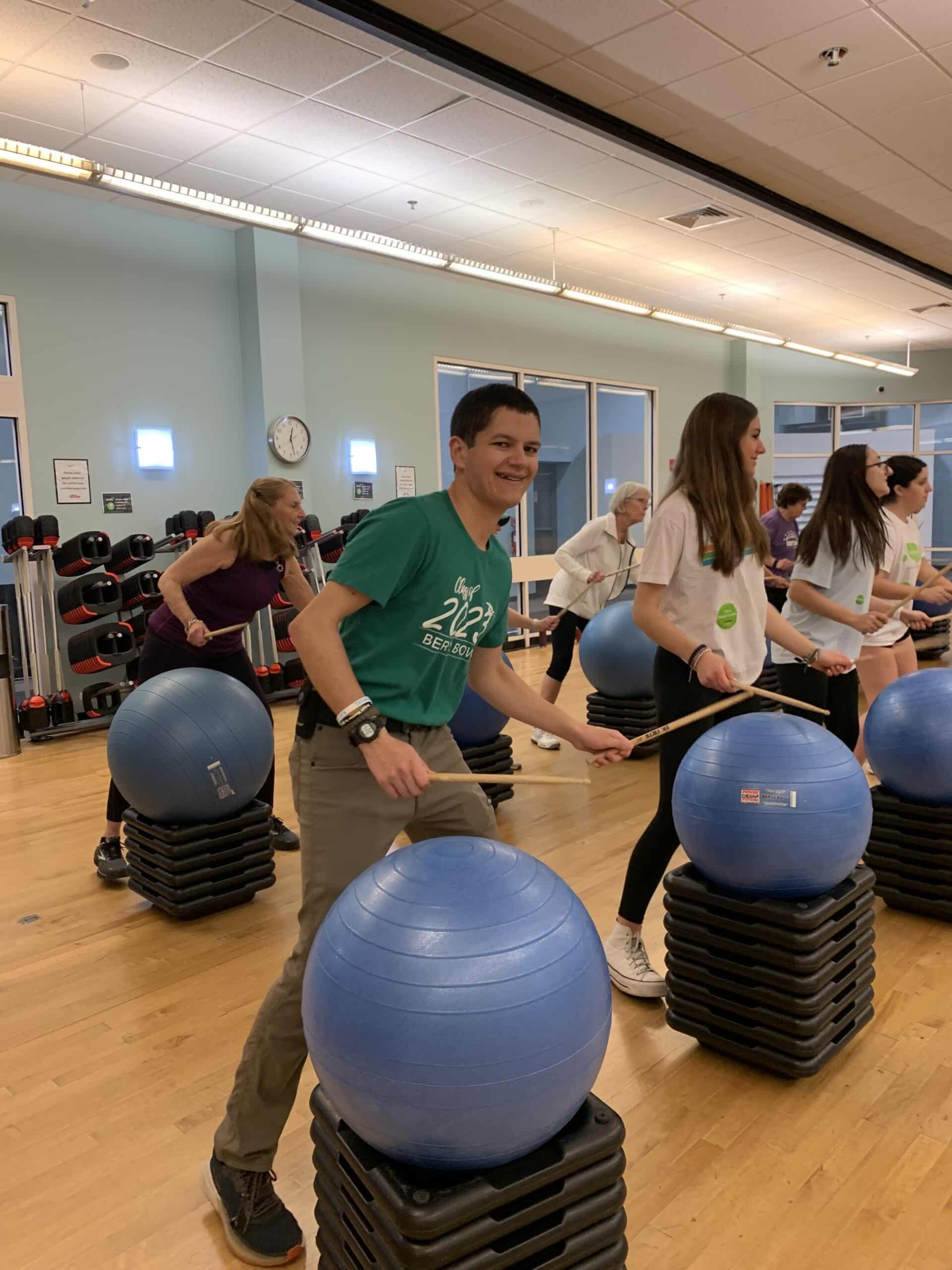The wellness world is full of bold claims about supplements, often making it difficult to separate fact from fiction. With social media, marketing hype, and influencer endorsements shaping the conversation, it’s easy to fall for misconceptions – especially when it comes to collagen and pre-workout supplements.
So, what’s the real deal? Do collagen supplements actually give you glowing skin and pain-free joints? Do you really need a pre-workout to crush your gym session? Let’s break it down.
Collagen Myths: What’s the Real Deal?
You’ve probably heard that collagen is the secret to youthful skin and flexible joints. But how much of that is actually true? While collagen is an important protein in the body, it’s not a magic fix.
Does Taking Collagen Actually Work?
Collagen is the most abundant protein in the human body, playing a vital role in maintaining skin elasticity, joint mobility, and overall tissue integrity. It supports the health of skin, joints, tendons, and ligaments, making it essential for overall well-being. But here’s the catch—when you consume collagen, your body breaks it down into amino acids and uses them wherever they’re needed, not necessarily sending them straight to your skin or joints.
That doesn’t mean collagen supplements are useless. Research suggests that hydrolyzed collagen peptides, combined with a balanced diet (especially one rich in vitamin C), may help improve skin elasticity and hydration and joint comfort over time.
Another potential benefit of collagen is its role in muscle recovery. Although collagen is not a complete protein (it lacks certain essential amino acids), it can still contribute to muscle repair when combined with other protein sources. Some studies suggest it may support connective tissue health, which is crucial for injury prevention and post-workout recovery.
However, results aren’t instant—consistency is key, and a well-rounded diet is just as important as collagen supplementation.
Better Ways to Support Collagen Production
Collagen supplements aren’t the only way to maintain healthy skin and joints and support muscle recovery. Eating a protein-rich diet with whole foods like lean meats, fish, eggs, and citrus fruits can naturally support collagen production. So, while a scoop of collagen powder might help, it works best as part of an overall nutritious lifestyle—not as a shortcut to perfect skin and pain-free movement.
Pre-Workout Supplements: Hype or Helpful?
Ever wondered if you really need a pre-workout to maximize your gym performance? These supplements are designed to boost energy, focus, and endurance, but they’re not a must-have for everyone.
What Pre-Workouts Can and Can’t Do
Pre-workout supplements typically contain a blend of ingredients such as caffeine for alertness, amino acids for muscle support, and nitric oxide boosters to improve blood flow. While pre-workouts can help some athletes push through a tough workout, they don’t directly build muscle—that comes from consistent training and proper nutrition.
Another common misconception? That pre-workouts work the same for everyone. Individual responses vary based on factors like caffeine sensitivity, metabolism, and overall diet. Some people thrive on them, while others may feel jittery or uncomfortable.
Are Pre-Workouts Safe for Everyone?
If you’re sensitive to caffeine, have a heart condition, or struggle with anxiety, some pre-workout formulas may do more harm than good. Side effects like jitters, increased heart rate, and digestive issues are possible, especially with high doses of stimulants.
To stay on the safe side, choose pre-workout products with transparent labels and clinically studied ingredients. Always read ingredient labels carefully and avoid harmful additives. Some concerning ingredients to watch out for include:
- Excessive Caffeine
- Proprietary Blends
- Artificial Stimulants (e.g., DMAA, DMHA) – Banned in some countries due to severe cardiovascular risks
- Unregulated Additives
If you have any health concerns, talk with your doctor before trying a pre-workout supplement.
Smart Supplement Choices: What Really Matters
Not sure if a supplement is worth it? Here’s how to make informed decisions:
- Do Your Research – Look for peer-reviewed studies that support supplement claims, rather than relying on flashy marketing.
- Listen to Your Body –Everyone responds differently to supplements. Pay attention to how they make you feel and adjust accordingly.
- Focus on Whole Foods First – Supplements should enhance a healthy diet, not replace it. Prioritize nutrient-dense meals over pills and powders.
By taking a thoughtful approach, you can make informed decisions and avoid unnecessary or ineffective supplements.
Need Help Navigating Supplements?
Collagen isn’t a miracle fix—it can support skin and joint health, but results take time and depend on overall nutrition. Pre-workouts can give you an energy boost, but they’re not essential for success in the gym.
If you’re unsure which supplements align with your goals, acac’s nutrition experts are here to help. We’ll work with you to create a personalized approach to fitness and nutrition, so you can feel confident in your choices.
Explore acac’s nutrition resources and book a consultation with us today!



